ETH News
All stories that have been tagged with Geochemistry and Petrology
Were large soda lakes the cradle of life?
News

Life needs sufficient phosphorus. However, the element is scarce, not only today but also at the time of the origin of life. So where was there sufficient phosphorus four billion years ago for life to emerge? A team of origin-of-life researchers has an answer.
Do we have cosmic dust to thank for life on Earth?
News
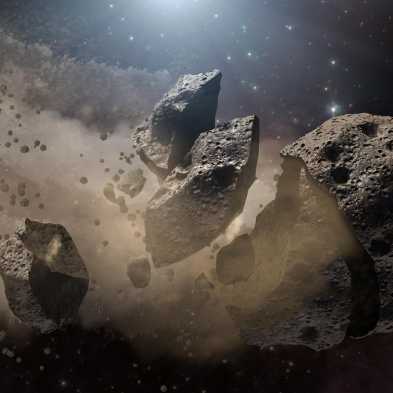
It might be that what set prebiotic chemistry in motion and kept it going in the early days of the Earth was dust from outer space accumulating in holes melted into ice sheets. Researchers at ETH Zurich and the University of Cambridge have used a computer model to test this scenario.
Why olivine and diamonds are best friends
News
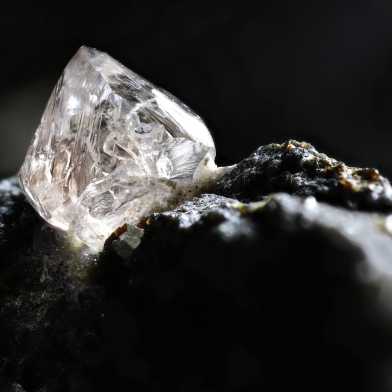
Hardly any gemstone is more difficult to find than diamonds. Geologists from ETH Zurich and the University of Melbourne have now established a link between their occurrence and the mineral olivine. This could make the search for diamonds easier in the future.
The rocky road to the beginning
News

Craig Walton is the first NOMIS Fellow at the Centre for Origin and Prevalence of Life at ETH Zurich. With an unconventional idea, he wants to find out the conditions under which life originated on Earth.
A habitable planet
Globe magazine
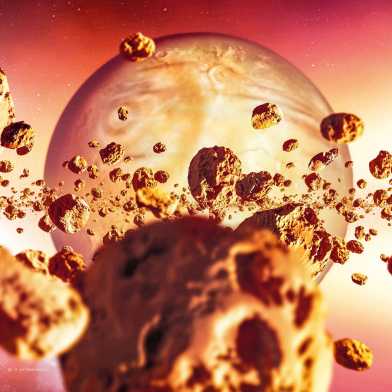
Life has existed on Earth for billions of years. Stabilising mechanisms have helped our planet remain habitable to this day.
One more clue to the Moon’s origin
News
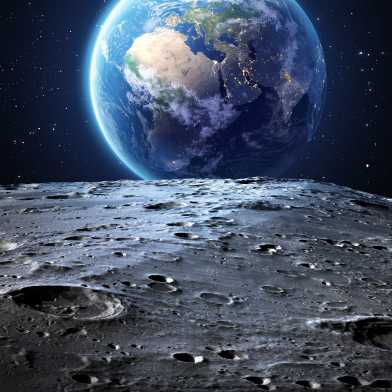
Researchers from ETH Zurich discover the first definitive proof that the Moon inherited indigenous noble gases from the Earth’s mantle. The discovery represents a significant piece of the puzzle towards understanding how the Moon and, potentially, the Earth and other celestial bodies were formed.
New insights into the Earth’s formation
News
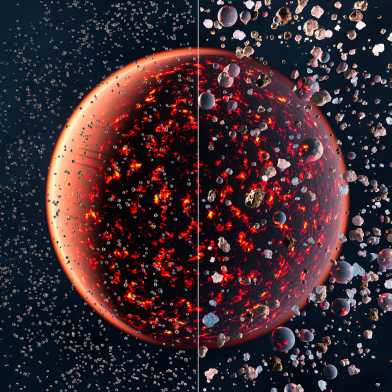
An international research team led by ETH Zurich proposes a new theory for the Earth’s formation. It may also show how other rocky planets were formed.
The chaotic early phase of the solar system
News
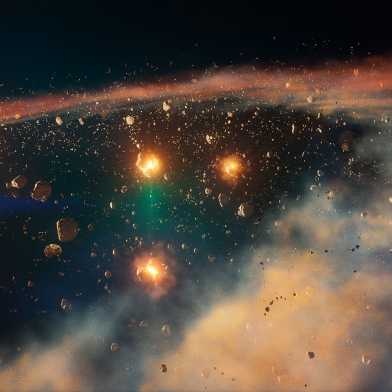
An international team of researchers led by the ETH Zurich and the National Centre of Competence in Research PlanetS have reconstructed the early history of several asteroids more precisely than ever before. Their results indicate that the early solar system was more chaotic than previously thought.
Traces of life in the Earth's deep mantle
News
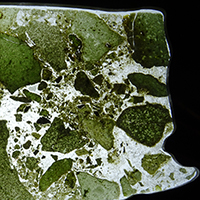
The rapid development of fauna 540 million years ago has permanently changed the Earth - deep into its lower mantle. A team led by ETH researcher Andrea Giuliani found traces of this development in rocks from this zone.
Is Vesuvius taking an extended siesta?
News
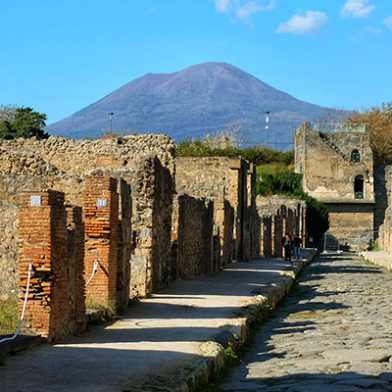
Located near Naples, Italy, Vesuvius last had a violent eruption in 1944, towards the end of the Second World War. It could be a few hundred years before another dangerous, explosive eruption occurs, finds a new study by volcano experts at ETH Zurich.
Earth’s interior is cooling faster than expected
News
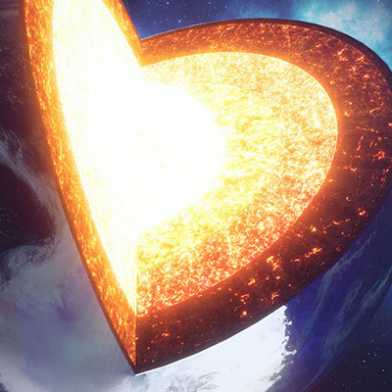
Researchers at ETH Zurich have demonstrated in the lab how well a mineral common at the boundary between the Earth’s core and mantle conducts heat. This leads them to suspect that the Earth’s heat may dissipate sooner than previously thought.
Advancing to the core thanks to marsquakes
News
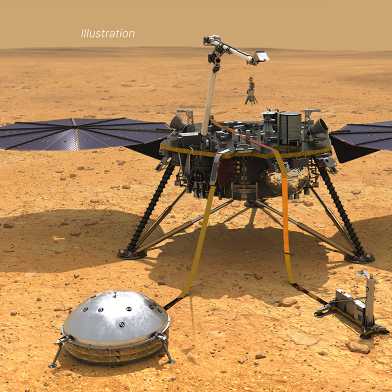
Researchers at ETH Zurich and the University of Zurich have been able to use seismic data to look inside Mars for the first time. Marsquakes recorded by NASA’s InSight lander provided information about the structure of the planet’s crust, mantle and core.
Extinct atom reveals the long-kept secrets of the solar system
News
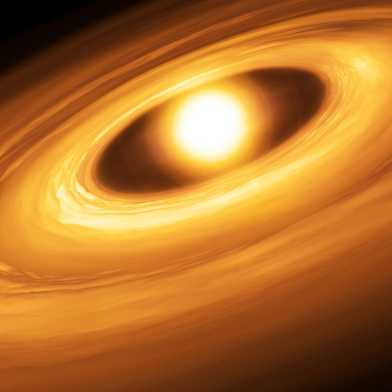
Using the extinct niobium-92 atom, ETH researchers have been able to date events in the early solar system with greater precision than before. The study concludes that supernova explosions must have taken place in the birth environment of our sun.
Witnesses to Earth’s early history
News
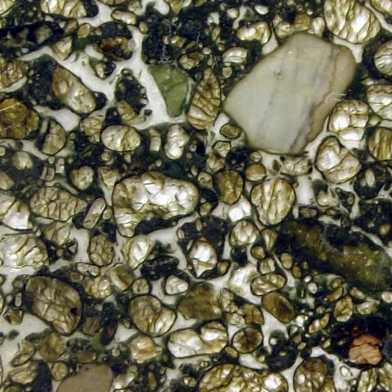
Determining the composition of rock in the deepest layer of the Earth’s mantle is impossible to do directly. But thanks to isotope measurements of volcanic rocks, ETH researchers are now able to show that the mantle is still home to material from the planet’s earliest days.
How our planets were formed
News
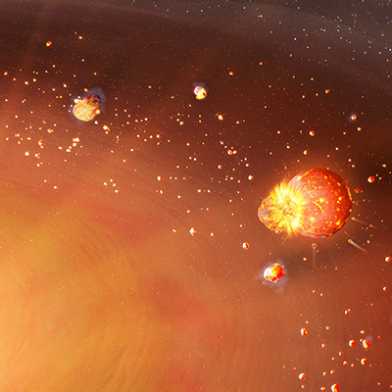
Terrestrial planets versus gas and ice giants: A new theory explaining why the inner solar system is so different to the outer regions runs counter to the prevailing wisdom. The theory was proposed by an international research group with ETH Zurich’s participation.
Almost like on Venus
News
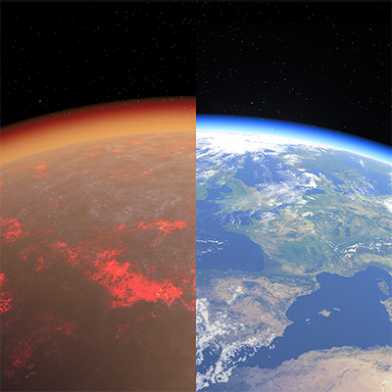
A team of international scientists led by ETH researcher Paolo Sossi has gained new insights into Earth’s atmosphere of 4.5 billion years ago. Their results have implications for the possible origins of life on Earth.
A new way of looking at the Earth’s interior
News

Current understanding is that the chemical composition of the Earth’s mantle is relatively homogeneous. But experiments conducted by ETH researchers now show that this view is too simplistic. Their results solve a key problem facing the geosciences – and raise some new questions.